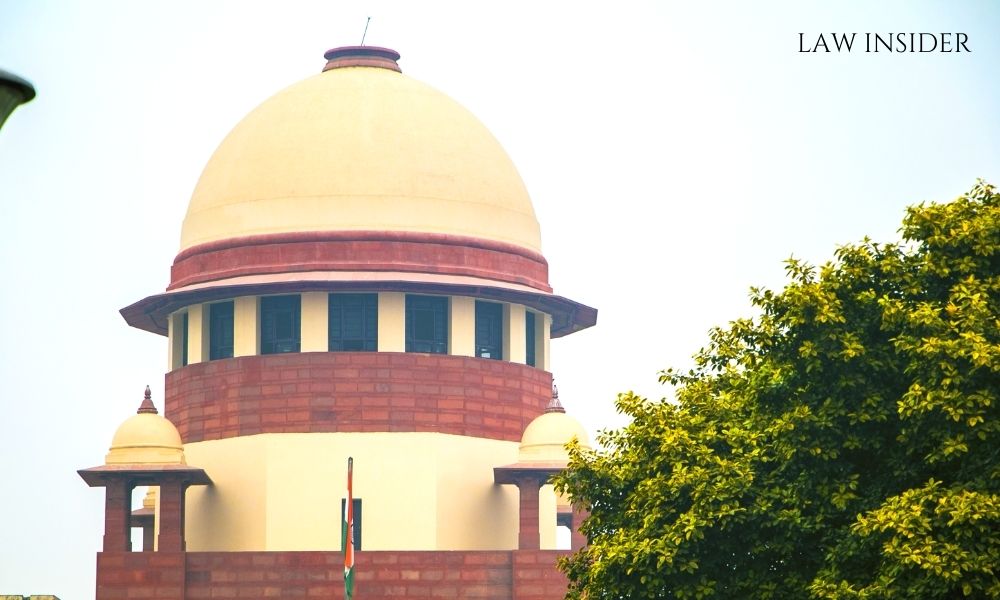LI Network
Published on: October 10, 2023 at 22:05 IST
In a recent ruling, the Supreme Court has provided crucial guidance on the presumption under Section 139 of the Negotiable Instruments Act 1881 in cheque dishonour cases, leading to the reversal of the acquittal of an accused.
Justices Aravind Kumar and SVN Bhatti, comprising the bench, pointed out a “fundamental flaw” in the approach of both the Trial Court and the High Court.
The Court reemphasized the principles related to the presumption under Section 139 NI Act and its method of rebuttal.
According to the Court, once the presumption under Section 139 is invoked, the Courts should assume that the cheque was issued to settle a debt or liability.
The focus then shifts to the case presented by the accused since the presumption shifts the burden of proof to them.
The inquiry is to determine whether the accused successfully rebuts the presumption. Failure to do so permits the Court to convict the accused, contingent on the fulfillment of other Section 138 requirements.
If the Court finds that the accused has successfully discharged their evidential burden, the complainant must independently establish the fact without relying on the presumption.
The Court will then assess the evidence on record and make a decision accordingly.
The Court identified two questions that the Courts should address:
- Has the accused presented any defense evidence that conclusively proves no debt or liability existed when the cheque was issued?
- In the absence of rebuttal evidence, has the accused demonstrated the nonexistence of debt or liability by a preponderance of probabilities based on the specific circumstances of the case?
The Court clarified that once the complainant establishes the execution of the cheque, the burden of proof shifts to the accused due to Section 139. Until the accused discharges this evidential burden, the presumed fact is deemed true without requiring further action from the complainant.
The standard of proof for the accused to discharge this burden is not stringent and can be met through a preponderance of probabilities, with the accused presenting either direct or circumstantial evidence.
Moreover, the Court emphasized that if the accused successfully provides evidence to convince the Court that no debt or liability existed as claimed in the complaint, demand notice, or affidavit evidence, the burden shifts to the complainant.
The presumption under Section 139 no longer applies, and the complainant must prove the existence of a debt or liability as a fact. Failure to do so will result in the dismissal of the complaint. Once both parties have presented evidence, the significance of the burden of proof diminishes.
Regarding the specific case, the Court criticized the Trial Court’s incorrect framing of issues as the presumption under Section 139 was not applied.
Furthermore, the Court found that the accused had not discharged the burden of proof merely by suggesting possibilities during cross-examination. Instead, a plausible defense must be presented.
The Supreme Court set aside the judgments of the Trial Court and the Punjab and Haryana High Court, convicting the accused and imposing a fine of twice the cheque amount, which is Rs. 13,90,408, or one year of simple imprisonment in case of non-payment.
Case Title: Rajesh Jain v. Ajay Singh
Also Read: Supreme Court issues directions for accelerating trials of cheque dishonour cases

